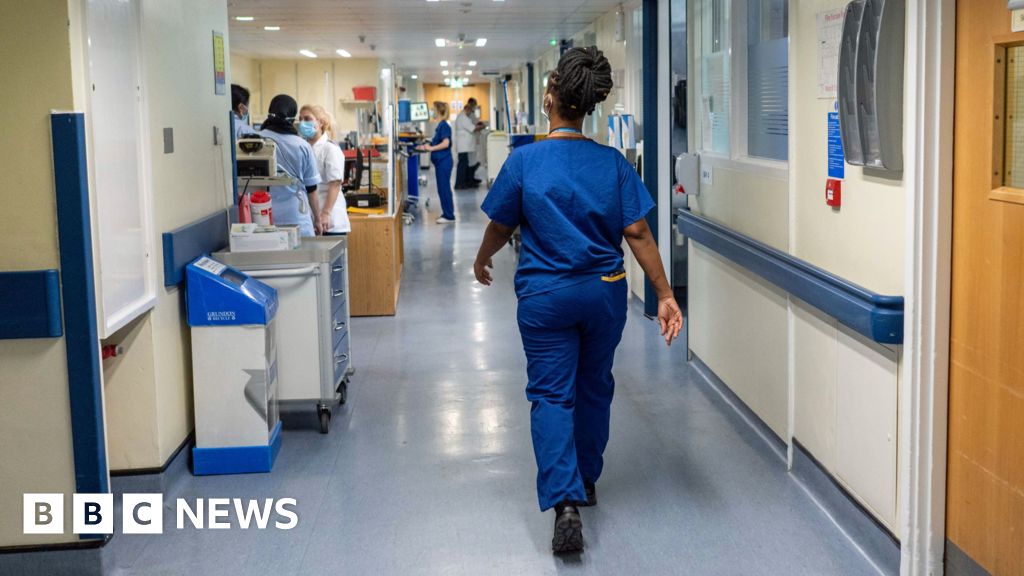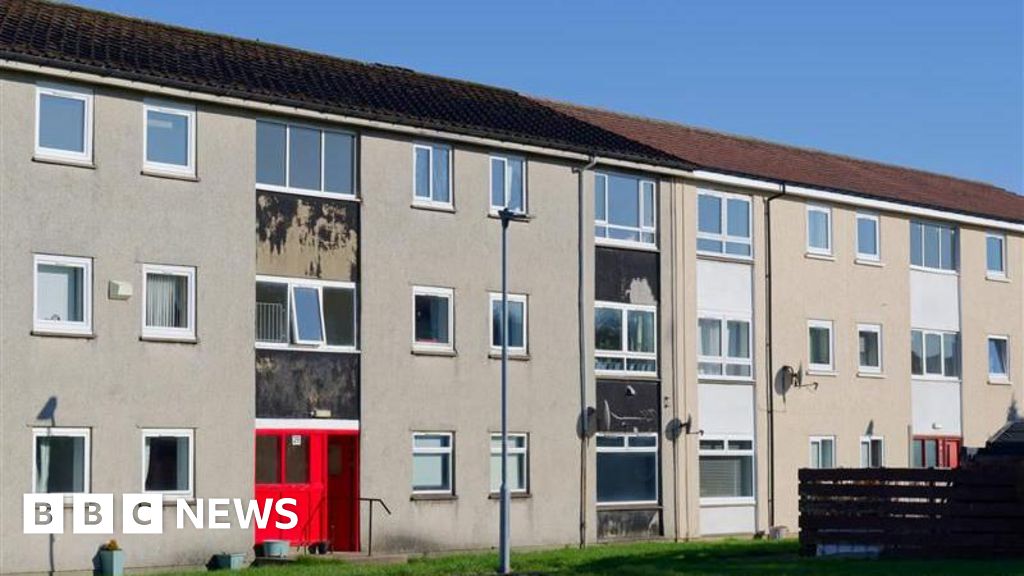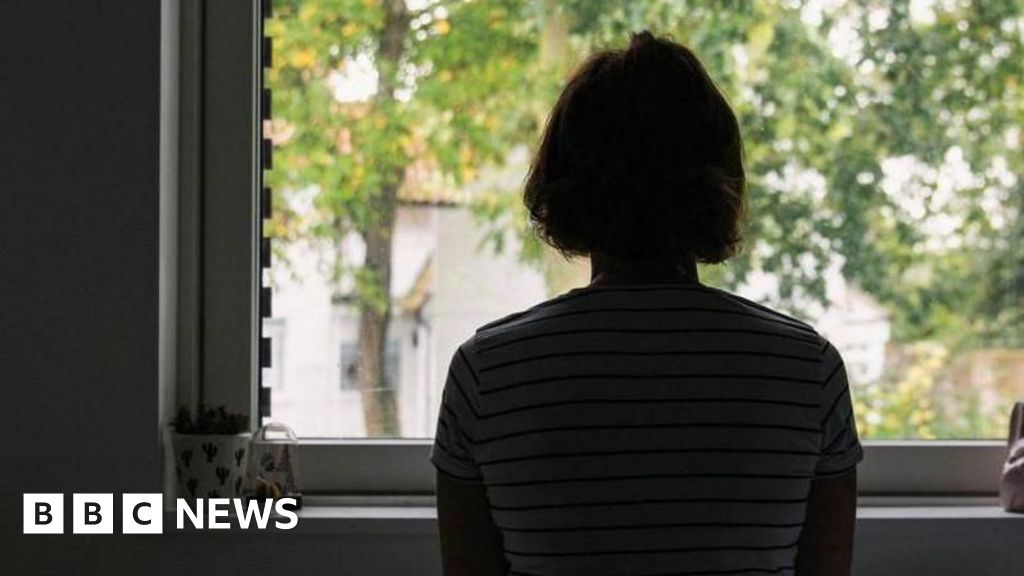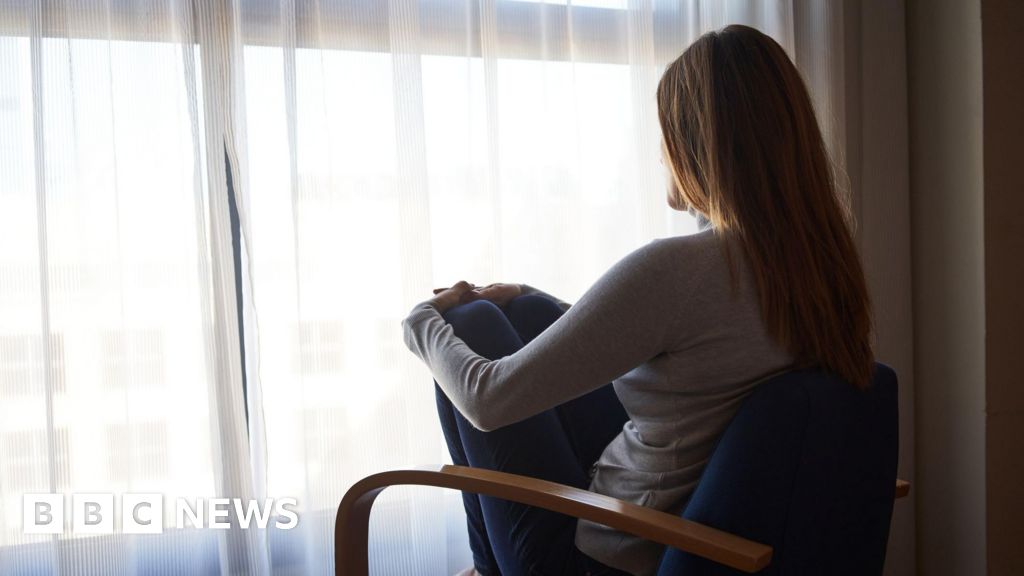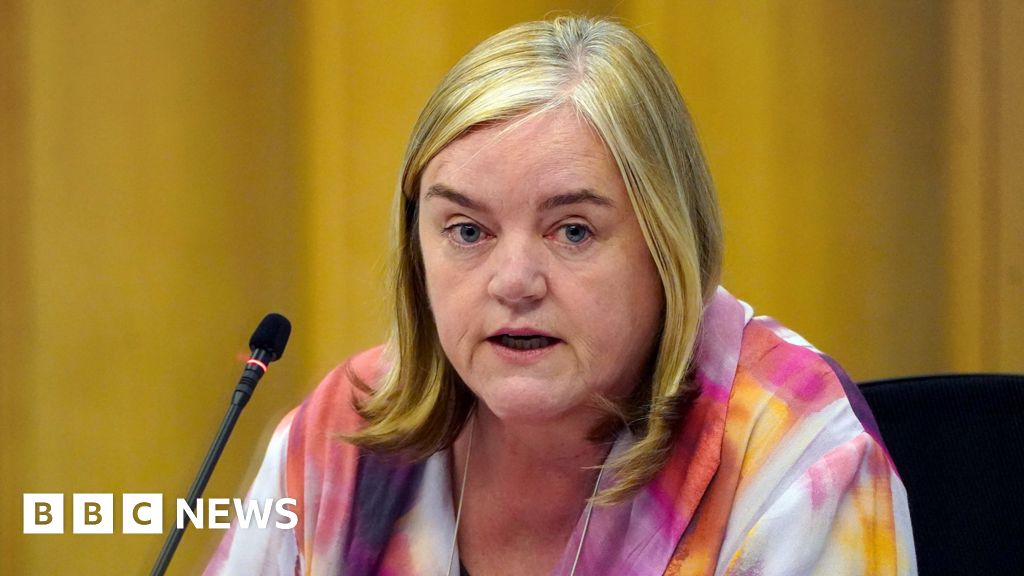Auto Amazon Links: No products found. Blocked by captcha.
Rachel Reeves, the Chancellor, has revealed the details of the UK’s inaugural multi-year spending review since 2021. This review outlines the day-to-day budgets of government departments for the next three years, which are used to cover employee salaries and deliver public services. It also establishes their investment budgets up to the end of the decade, to finance new infrastructure like hospitals, schools, and military equipment. Some of the key points from the spending review include:
– Health: The day-to-day budget for the NHS in England is projected to increase by an average of 3% over the next three years, accounting for inflation, reaching £226bn by 2029. There will be up to £10bn dedicated to new technology by 2029, aimed at enhancing the NHS App and implementing single patient records. The health department is expected to achieve around £9bn in “efficiency gains” by 2029.
– Education: The core schools budget in England is set to rise by 0.4% on average in real terms over the next three years, reaching £69.5bn by 2029. Additionally, free school meals will be expanded to approximately 500,000 more children starting September 2026, costing around £490m annually.
– Crime, justice and borders: The Home Office’s day-to-day budget will decrease by 1.7% in real terms over the next three years. The Ministry of Justice will witness average real-terms increases in day-to-day spending of 1.8% annually while its investment budget will decline by 2.1% in real terms.
– Defence: The Ministry of Defence’s day-to-day budget is anticipated to rise by 0.7% in real terms, with a substantial average annual increase of 7.3% in investment spending. The government has committed to elevating defence spending from 2.3% to 2.5% of overall economic output by 2027
Read the full article from The BBC here: Read More
Auto Amazon Links: No products found. Blocked by captcha.

